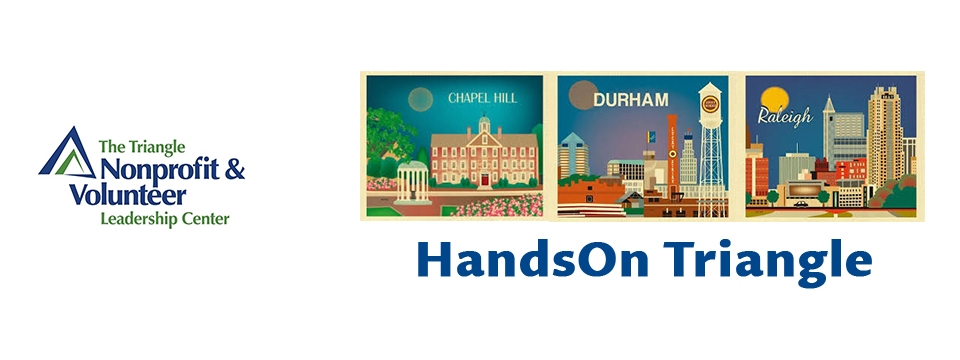At TROSA, our treatment model is a modified Therapeutic Community, a drug-free residential setting that uses a hierarchical model with treatment stages reflecting increased levels of personal and social responsibility. The community relies on its members – both treatment staff and those in the program – as key agents of change. These change agents influence individual attitudes, perceptions, and behaviors associated with drug use. We use a range of Evidence-Based Therapies (EBTs) to help residents recognize, understand, and overcome their dysfunctional thought patterns and behaviors. Our motto, “Each One, Teach One,” reflects the importance of peer support in our program and the community’s vital role in achieving and maintaining recovery.
Community assignments play an important therapeutic role in our program. The goal of TROSA community assignments is to provide residents with team-based environments to learn and practice daily skills for long-term recovery. Community assignments can be in departments throughout our campus, including our award-winning social enterprises. Vocational training through our community assignments provides a foundation for long-term stability and success. Many residents have limited or sporadic work histories, but through its vocational opportunities, TROSA helps residents gain training in a wide variety of marketable hard and soft skills. Education is another key component of our program. After six months in the program, residents without a high school diploma/GED begin taking a GED prep class. After one year, residents who have a high school diploma/GED are eligible to take a college class at Durham Technical Community College. After 21 months, eligible residents can apply to pursue a college degree while continuing to receive comprehensive recovery services at no charge.
As residents prepare to graduate, TROSA offers classes on topics such as interviewing, job skills, personal finance, and navigating healthcare systems to prepare for employment and self-sufficiency. After graduation, our Continuing Care services help graduates stay sober, employed, and crime-free as they transition into the community. TROSA offers local graduates transportation to/from work; access to sober, low-cost housing; and relapse prevention support groups.
TROSA works. Surveys show that one year post-treatment, over 90% of graduates are in recovery and employed, and less than 5% have had a new criminal conviction. This self-reported relapse rate of less than 10% is significantly lower than other substance abuse treatment programs.



